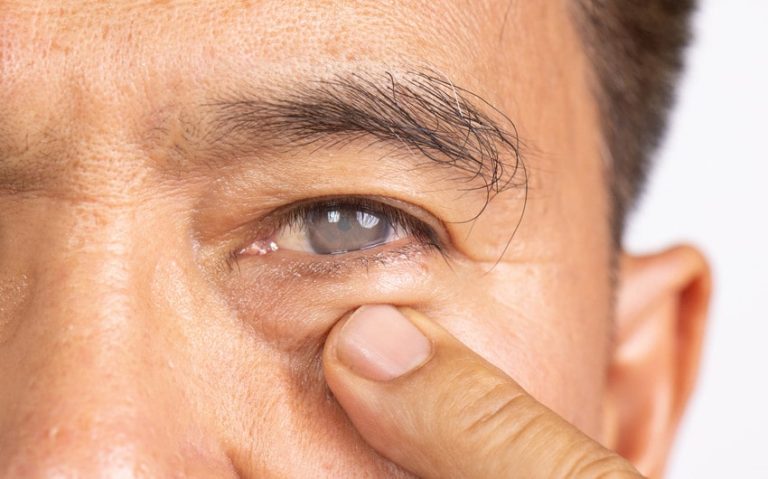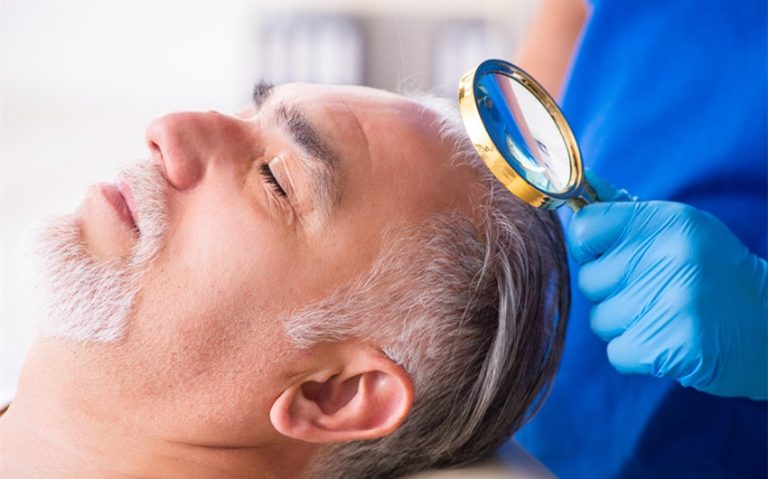Healing After Heartbreak: A Guide to Overcoming Substance Abuse After a Breakup
Breakups can be profoundly challenging experiences that often leave individuals feeling lost, lonely, and vulnerable. For some, these feelings may lead to the use of alcohol and drugs as a means of coping. However, it is crucial to recognise that dependency on these substances can exacerbate emotional pain and hinder the healing process.
Fortunately, there are ways to overcome such dependencies, particularly through the support of alcohol and drug rehabilitation centres, which offer structured programmes to help individuals regain control of their lives.
Understanding the Impact of Breakups
The emotional turmoil following a breakup can trigger a range of responses, including sadness, anger, and anxiety. According to a study conducted by the National Library of Medicine, nearly 40% of individuals experiencing a breakup resort to substance use as a coping mechanism. This statistic highlights the significant risk of developing dependency during such vulnerable times. While it may seem like a temporary escape, reliance on alcohol or drugs can quickly spiral into a more serious issue, leading to physical and mental health problems.
Recognising the Signs of Dependency
Before embarking on the journey to recovery, it is essential to recognise the signs of dependency. Common indicators include:
- Increased Tolerance: Needing more of the substance to achieve the same effect.
- Withdrawal Symptoms: Experiencing physical or psychological symptoms when not using the substance.
- Neglecting Responsibilities: Failing to meet work, social, or familial obligations due to substance use.
- Continued Use Despite Consequences: Persisting in substance use despite negative impacts on health, relationships, or finances.
If you or someone you know exhibits these signs, it may be time to seek help from professionals.
Seeking Help from Rehabilitation Centres
Alcohol and drug rehabilitation centres are vital resources for those struggling with dependency. These facilities provide a safe environment where individuals can receive medical treatment, therapy, and support from trained professionals. The programmes offered typically include:
- Detoxification: A medically supervised process to safely manage withdrawal symptoms.
- Counselling: One-on-one or group therapy sessions to address the underlying emotional issues contributing to substance use.
- Support Groups: Peer support from others who have faced similar challenges, fostering a sense of community and understanding.
Engaging with a rehabilitation centre can significantly improve the chances of overcoming dependency and building a healthier, substance-free life.
Developing Healthy Coping Mechanisms
In addition to professional help, developing healthy coping mechanisms is crucial for long-term recovery. Here are several strategies to consider:
Exercise: Physical activity releases endorphins, which can elevate mood and reduce stress. Aim for at least 30 minutes of exercise most days of the week.
Mindfulness and Meditation: Practising mindfulness can help individuals stay grounded and manage overwhelming emotions. Techniques such as deep breathing, yoga, or guided meditation can be beneficial.
Journaling: Writing down thoughts and feelings can provide an outlet for emotions and help individuals process their experiences.
Social Support: Surrounding oneself with supportive friends and family can provide comfort and encouragement. Sharing feelings with trusted individuals can alleviate loneliness and promote healing.
Pursuing New Interests: Engaging in new hobbies or activities can help distract from cravings and foster a sense of accomplishment. Consider taking up a sport, learning a musical instrument, or volunteering in the community.
Setting Realistic Goals
Recovery from alcohol and drug dependency is a gradual process that requires patience and perseverance. Setting realistic, achievable goals can help individuals track their progress and maintain motivation. Break down larger goals into smaller, manageable steps, and celebrate each achievement along the way.
Embracing the Healing Journey
It is essential to understand that healing from a breakup and overcoming substance dependency is a journey, not a destination. There will be ups and downs, and setbacks may occur. However, with the right support and a commitment to change, it is possible to emerge from this difficult period stronger and more resilient.
While the aftermath of a breakup can be a triggering time for alcohol and drug dependency, it is important to remember that recovery is within reach. By seeking help from alcohol and drug rehabilitation centres, developing healthy coping strategies, and embracing a supportive network, individuals can overcome their challenges and rebuild their lives. The path to recovery may be difficult, but it is also an opportunity for personal growth and transformation. Each step taken towards sobriety is a step towards a brighter, healthier future.







